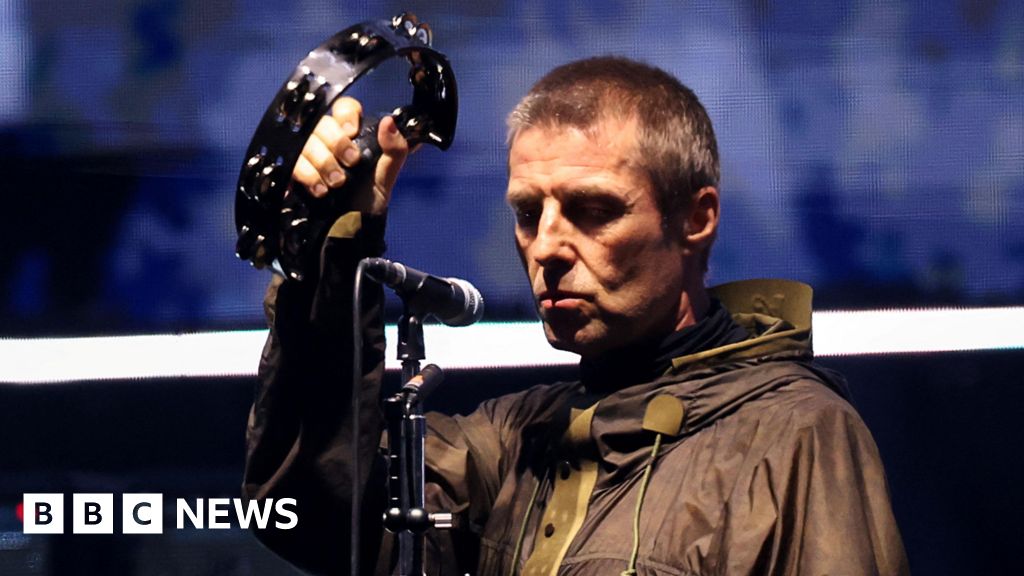Canadian AI Minister Eyes Copyright Laws Amid AI Litigation
In light of recent court cases involving artificial intelligence (AI) companies in the U.S. and Canada, the Canadian government’s AI minister is closely monitoring the legal landscape. The outcomes of these cases will shape Ottawa’s regulatory approach to AI, particularly where copyright issues are concerned.
AI Companies Face Copyright Lawsuits
Several AI companies, including OpenAI, are currently embroiled in lawsuits with news publishers over alleged copyright breaches. OpenAI, in particular, is contesting the jurisdiction of an Ontario court to hear a case brought by a coalition of news publishers. The publishers are claiming that OpenAI has been unlawfully using their content to train its AI system, ChatGPT, and are seeking compensation for what they describe as “ongoing, deliberate and unauthorized misappropriation” of their intellectual property.
Minister’s Stance on Copyright Legislation
Evan Solomon’s office, in a statement, noted that the minister is planning to address copyright issues as part of Canada’s broader regulatory approach to AI. The focus will be on how creators’ rights are protected and how they fit into the overall discussion. Despite the ongoing litigation, there are currently no plans for a standalone copyright bill. Instead, Solomon’s office is committed to observing the court cases and market developments to guide the way forward.
OpenAI’s Defense
OpenAI has denied any wrongdoing and maintains that it trains its models using publicly available data in a manner consistent with fair use and international copyright principles. The San Francisco-based company has challenged the jurisdiction of the Ontario court, arguing that it does not operate in Ontario and that Canada’s Copyright Act does not apply outside the country.
Copyright Lawsuits in the U.S.
Several similar lawsuits are also underway in the United States. In some recent cases, AI companies have secured early victories. In one instance, a judge ruled that an AI system’s use of published work was fair use. However, the judge also noted that this ruling only applied to that specific case and did not provide a blanket legal endorsement for using copyrighted material to train AI systems.
Future Implications
It remains to be seen how these court cases will influence the future regulation of AI and copyright in Canada. The outcomes could potentially define whether AI companies can legally use copyrighted content to train their AI products. As such, the stakes are high not just for the companies involved, but for the broader AI industry as well.











